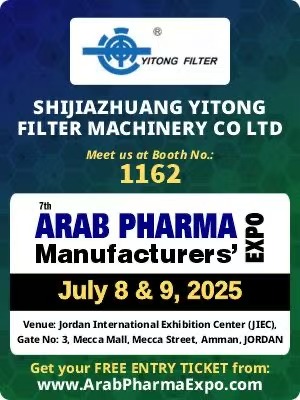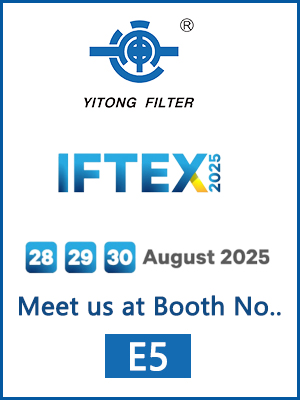 June 20, 2023
June 20, 2023
In the pharmaceutical industry, maintaining a clean and sterile environment is of utmost importance to ensure product quality and patient safety. HEPA (High-Efficiency Particulate Air) filters play a critical role in maintaining air quality by effectively removing airborne contaminants. This article will explore the applications and benefits of HEPA filters in the pharmaceutical industry.
Cleanroom Environment:
Pharmaceutical manufacturing facilities often incorporate cleanrooms, controlled environments where the concentration of airborne particles is regulated. HEPA filters are used extensively in cleanrooms to achieve the required air cleanliness levels. These filters are capable of removing particles as small as 0.3 microns with an efficiency of 99.97%, thereby ensuring a sterile environment for the production of drugs and medical devices.
Contamination Control:
Contamination control is vital in pharmaceutical manufacturing to prevent cross-contamination and maintain product integrity. HEPA filters are employed in various equipment and systems to minimize the risk of contamination. They are utilized in HVAC (Heating, Ventilation, and Air Conditioning) systems to capture particles and microorganisms, preventing their circulation within the facility. Additionally, HEPA filters are installed in isolators, laminar flow cabinets, and clean benches to create localized clean areas and protect critical processes from external contaminants.
Protection of Personnel:
Pharmaceutical industry workers are exposed to various hazardous substances during the manufacturing process. HEPA filters are instrumental in protecting personnel from exposure to harmful particles and aerosols. They are employed in personal protective equipment such as respirators and cleanroom suits to ensure that the air being breathed or entering the suit is filtered and free from contaminants. By providing a clean breathing zone, HEPA filters safeguard the health and well-being of pharmaceutical personnel.
Quality Assurance:
The quality of pharmaceutical products is directly influenced by the cleanliness of the manufacturing environment. HEPA filters contribute significantly to quality assurance efforts by reducing the risk of product contamination. By effectively capturing airborne particles, including bacteria, viruses, and other microorganisms, these filters help maintain the sterility of the production area. This ultimately translates into higher product quality and safety for patients.
Regulatory Compliance:
Compliance with regulatory standards is a top priority in the pharmaceutical industry. HEPA filters play a crucial role in meeting regulatory requirements, such as those set by the Good Manufacturing Practices (GMP) guidelines. By ensuring clean and controlled environments, HEPA filters help pharmaceutical companies demonstrate their commitment to quality and safety, leading to regulatory compliance and successful audits.
Conclusion:
HEPA filters are indispensable in the pharmaceutical industry, enabling the creation of controlled and sterile environments necessary for drug manufacturing. From maintaining cleanrooms to controlling contamination, protecting personnel, ensuring product quality, and meeting regulatory standards, these filters play a critical role in safeguarding pharmaceutical operations. Incorporating HEPA filters into manufacturing processes enhances efficiency, reduces risks, and ultimately contributes to the production of safe and effective medications.

